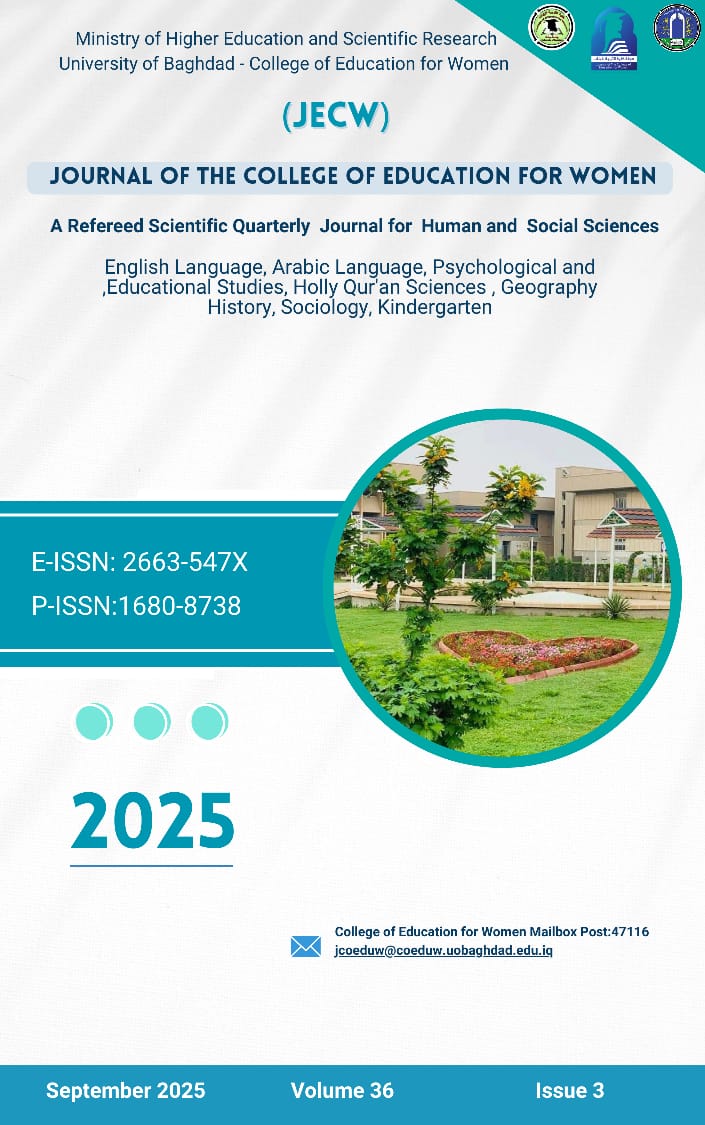Internal conflicts and disputes in Sudan and their geopolitical dimensions
DOI:
https://doi.org/10.36231/coedw.v36i3.1853Keywords:
conflicts, geopolitics, internal disputesAbstract
The research is a descriptive one, and it focused on studying the internal conflicts in the Republic of Sudan and their effect on the security and stability of the state. The ethnic diversity and tribal extension of the Republic of Sudan with its geographical neighboring countries constituted a factor of weakness in its geopolitical weight, which affects its internal stability, it leads the intervention of Neighboring countries in the politics and affairs of the Republic of Sudan, and the richness of the Republic with mineral resources makes it subject to the ambitions of foreign powers. Sudan is considered one of the richest African countries through its enormous natural resources, especially mineral resources such as oil, uranium, gold and copper, in addition to forest wealth and livestock. The large area and the nature of the terrain make it difficult for the Sudanese government to control the troubled regions, such as the Darfur region, and the separational movements fueled and supported by regional factors represented by neighboring countries such as the separation of South Sudan from the mother Sudan, in order to destabilize the security and stability of the state. One of the most important conclusions of the research is the continued interference of external powers in the internal affairs of the State of Sudan, which always seeks to increase ethnic conflicts and unrest within it to make it a weak state in order to achieve geopolitical goals in a way that serves the interests of external powers to work on exploiting the natural resources of the State of Sudan.
Downloads
Published
Issue
Section
License
![]()
All articles published in Journal of College of Education for Women are licensed under a Creative Commons Attribution 4.0 International License.











